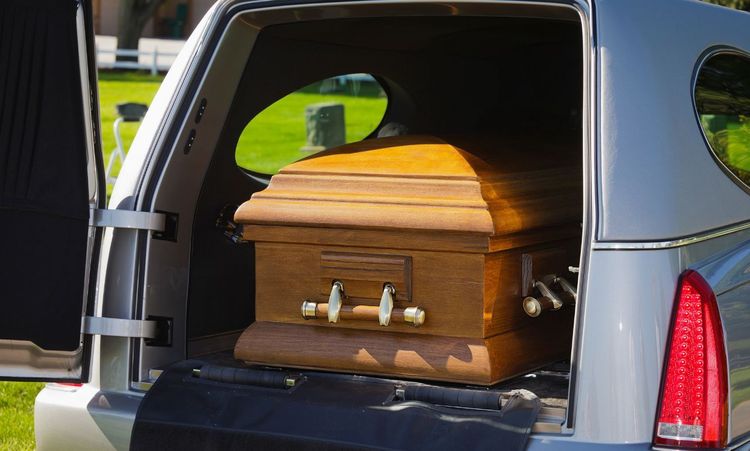Discover Knowledge
Explore our articles and find exactly what you're looking for
Popular articles
Explore our most-read articles, hand-picked by our community of developers and tech enthusiasts.
Want to explore more?
Discover our complete collection of articles, covering everything from technical deep-dives to industry insights.
Latest in Legal
Trending in Health
Popular in Auto
Latest from our blog
Discover our latest insights, updates, and expert perspectives on technology, development, and industry trends.




















